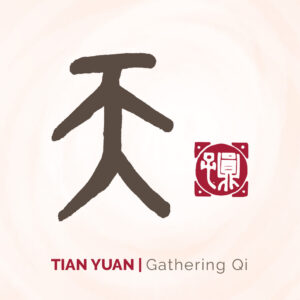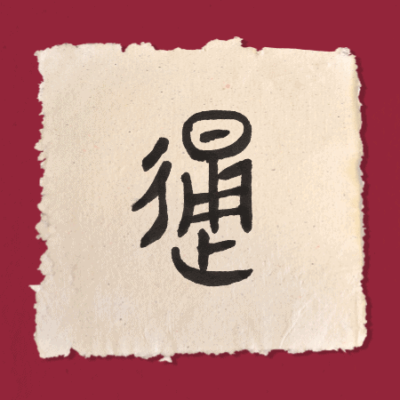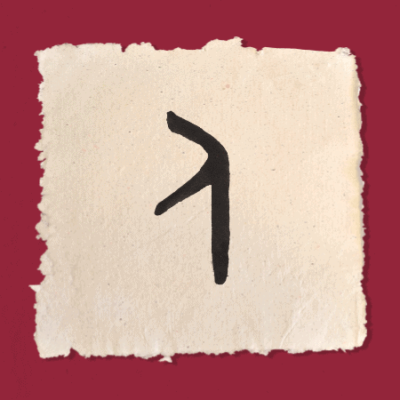How to relax with Qigong?
Learn more about how to relax with Qigong and why is it not difficult
A relaxed state is not achieved with an on-and-off switch. For most of us, even when we feel relaxed it’s only a relative state of relaxation– we’re more relaxed in some moments than in others, but not ever truly relaxed. Why does it matter?
How to relax your body and mind from stress with Qigong?
IT’S EASY…JUST RELAX!!
“Relax the whole body… relax the head… relax the shoulders and arms… relax the chest and upper back… relax the abdomen and lower back… relax the hips and legs… relax the body from head to toe, from inside out…”
Sounds easy, right? What if it’s not that easy? What if you live such a task-oriented life that the idea of relaxing is a completely foreign concept? What if your nervous system is always on alert and the idea of letting go of tension in the body or mind (that you might not even be aware of) and finding a place of quiet is unimaginable; possibly even (now that you think of it) frightening? Like, “if I let go, I won’t be protected… I won’t be safe anymore”. You feel vulnerable.
What if when you consciously try to relax you tense up more? Your body doesn’t want to release the protection it thinks it’s creating and your mind begins to play games with you – “you’re not good at this, you can’t do it” – thoughts, beliefs, and judgments take over? Do your intentions of peace and calm get hijacked and take you straight to the rodeo?
If it’s not something you’re used to, trying to relax can be stressful. Being truly relaxed means both the body and the consciousness are free of tension. In fact, if one isn’t completely relaxed neither is the other.
Why is it important to relax?
From a Qi perspective, Qi flow will be blocked wherever there’s tension, and if the flow is constantly blocked, serious health issues can develop over time. Creating a calm, relaxed state promotes the free flow of Qi, which is essential for optimal health.
One important step to being in a healthy state is having our body, Qi and consciousness connected, or unified. Our consciousness is typically focused on the outside world, with little awareness of our body or Qi. When they are unified, they work together to create a feeling of harmony and wellbeing physically, energetically and consciously.
We’re training ourselves to maintain a strong internal awareness rather than being swept away by external distractions. All of this helps avoid the loss of Qi from the body (where the consciousness goes, Qi follows) and attracts external Qi, which continues the development of a healthy state.
How to relax: Techniques
Here are some tips for quieting the mind and moving closer to an experience of relaxation. Not just during Yuan Qigong practice, but throughout the day if you find yourself being challenged:
Relaxation and breathing techniques
- Focusing on the breath creates distance from anxious thoughts, making them easier to manage. It is actually possible to be in charge of an overactive mind – it just takes perseverance. Realize that passing thoughts are normal and can’t just be ‘willed’ away. Trying to fight them is futile.
Relaxation and mindfulness
- Repeatedly and compassionately create your intention to be in the present and not dragged away by distractions. If a thought pops in that veers off-course, notice and acknowledge it and gently bring your awareness back to the body or Qi. Notice where your body might be holding tension… relax your shoulders… breathe into lower Dantian (the energy center in your lower abdomen)… notice if Qi feels scattered or blocked in a particular place, and draw in the information of Qi flowing freely to that area.
Relaxation for the mind
- Observe your thoughts. Avoid judging them as good or bad (creating more stress). Notice where they’re coming from. How do they affect your emotional state? Look at how they’re creating change in Qi and every part of the body. Observe the process and notice how intrinsically connected our bodies, Qi and consciousness are.
Relaxation and trust
- Let go of resistance. Allow yourself to be open to a new experience, not trapped in an old mindset. For some of us, relaxing means learning to trust that what we’re doing is safe, telling ourselves it’s OK to venture out, let down our guard (even if it’s just for a few moments), and test the waters depth. With time, that tiny little puddle will become a vast ocean full of opportunity, helping us get out of our own way.
For someone unfamiliar with experiencing relaxation it takes effort and it takes practice. It may not come easily, but with persistence the rewards far outweigh the struggle. At some point, it’s about surrendering to the struggle and trusting that the steps you’re taking are for your benefit, not your demise. Go ahead… just relax!!
Join our special relaxation meditation for the Opening the Heart or start a daily Qigong routine!



